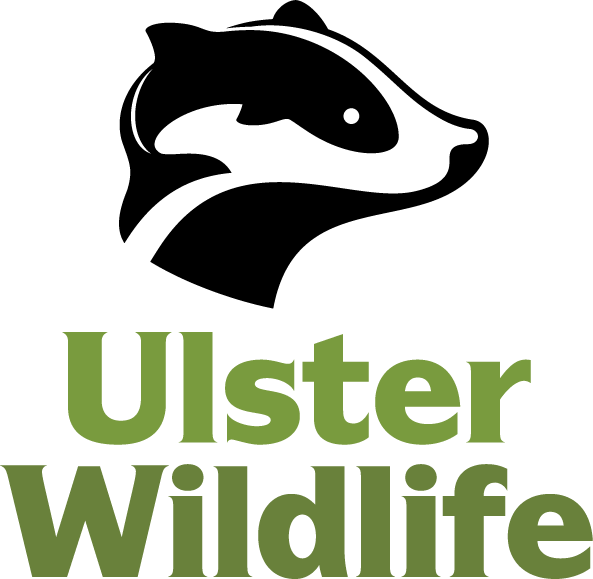The State of Nature 2023 report shows:
- One in nine species is at risk of being lost from Northern Ireland.
- Species such as the common skate, basking shark, European eel, freshwater pearl mussel, large heath butterfly and Irish damselfly now face an uncertain future.
- Northern Ireland’s farmland birds have decreased by 43% since 1996, and its butterflies by 16% since 2006.
- Communities, restoration projects and legislation can have a positive impact on nature and the wider environment.
- Public and policymakers are increasingly recognising the value of nature, including its role in tackling climate change, and the need for its conservation.
Despite ongoing efforts by wildlife charities, including ourselves, nature-friendly farmers and passionate individuals to protect our precious wildlife and wild places, we are still not doing enough to tackle the nature crisis at the scale needed. Our Government must take action now to put nature into recovery before it’s too late.
Our priorities for the NI Government:
1. A Biodiversity Strategy with nature recovery targets set in law
Northern Ireland urgently needs a new Biodiversity Strategy to halt and reverse the drastic loss of wildlife. This must have legally binding targets and strong reporting duties in place to protect and restore at least 30% of land and sea for nature by 2030, in line with global targets. A nature recovery network must be central to the strategy and embedded in law to help wildlife adapt to change.
What Ulster Wildlife is doing: We are working with DAERA and other stakeholders to feed into the strategy as a member of the NI Biodiversity Strategy Steering Group - read our latest blog. We want to ensure nature is given the same weight as climate-change action and have been working with partners over the last three years to build the capacity to deliver Nature Recovery Networks in Northern Ireland.
2. Better funding for nature-friendly farming
With approximately 76% of land in Northern Ireland being used for agriculture, nature-friendly farming urgently needs to be implemented at a wide scale to halt the decline in wildlife. It must be considered alongside the challenge of responding to the nature and climate crisis, while still meeting people’s needs for food, energy and fuel.
What Ulster Wildlife is doing: We are supporting over 400 farmers to deliver nature conservation at scale through agri-environment schemes. This sees us influence the management of 40,000 hectares of farms across Northern Ireland with 14,000 hectares under the Environment Scheme Agreement.
3. More investment in nature-based solutions
Nature can make a huge contribution to achieving net-zero targets if habitats are restored because peatlands, woodlands, and blue carbon habitats, such as seagrass and oysters, store carbon. Peatland restoration projects restore and create carbon-rich habitats, benefiting climate change mitigation and biodiversity.
What Ulster Wildlife is doing: We’re leading on peatland restoration projects across Northern Ireland, not just on our nature reserves, such as Ballynahone Bog and Glenullin Bog, but at a range of designated sites such as Lecale Fens SAC and Cuilcagh SAC. Over the next five years, we are scaling up this work to explore large-scale peatland areas in need of restoration.
We are also restoring blue carbon habitats and species, specifically native oysters, with two nurseries at Glenarm and Bangor Marina, and more planned. This will help support the recovery of this endangered species and also boost marine biodiversity around the reef-like nursery structures, improve water quality by filtering water, and lock away carbon in their shells.
4. Long-term strategy to improve freshwater and marine habitats
We need a long-term strategy to address the growing problem of nutrient pollution from agriculture, sewage and development in our lakes, rivers and seas with stronger protections for marine designated sites. More wetlands should also be created to tackle flood and drought.
What Ulster Wildlife is doing:
Alongside other stakeholders, we are helping to develop river basin management plans for Northern Ireland which will set out actions to improve freshwater conditions. We are also working as part of the NI Freshwater Task Force, a group of environmental non-governmental organisations, to encourage legislative change to improve water quality in our rivers, lakes, and streams. As a lead member of the NI Marine Task Force, we are campaigning for better protection of marine designated sites.




